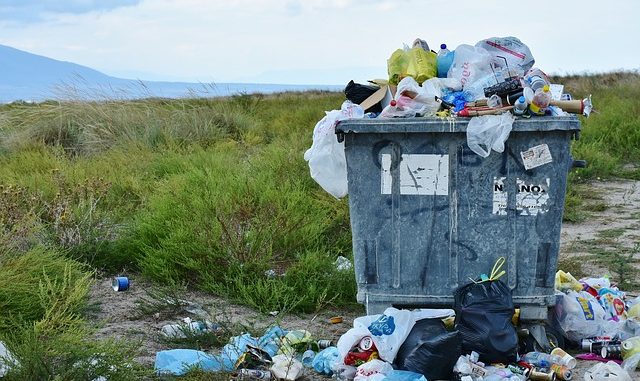
Published en El Pais, 16 June 2018.
Two weeks ago, the European Commission sent a proposal to the European Parliament and Council to ban single use plastics, such as cotton buts, water bottles, straws etc. with the objective to put a halt to the growth of the already 79.000 metric tons of plastic floating around in the ocean. A nasty amount especially if you consider it takes nature in between 10 and 1000 years to decompose plastic. Europe tried to make people more conscience about using plastics, but it was not enough, and more severe measures are needed.
But there is another reason why our garbage dumps are hard to control and stuck with severe amounts of plastic: crappy quality, cheap, near to one time use products. More and more we are tempted to buy those cheap products, often produced in China often and made of plastic. It can be toys, simple kitchenware, electronics, ornaments etc. Products we didn’t even plan on buying, but a good seller, a distracted mind and cheap price made us buy them. Unfortunately, many of these products don’t last even a few months and are thrown away quickly, and so increasing the already enormous plastic garbage pile.
I guess everybody can remember this purchase that seemed a good deal at the time, but it eventually broke quickly and ended up in the garbage bin. This is three times a loss for the world. First it was produced and put on the market using resources that could have been used for something else, next we spent time and money on it including some angriness and remorse when finding out it was bad buy and third when it ended up contaminating the planet on a landfill or worse floating around in our oceans.
Although it might be tempting for producers to use cheap materials to keep the price low, I think they should held accountable for the negative impact those products cause on the environment. However, if the consumers cannot stand the temptation to buy them, it will be hard to prevent them from being produced.
Therefore, we need to make more sound decisions when buying things and keep in mind the impacts on the environment, and on our wallet, or there will be no other alternative than request our governments to put trade and quality production barriers to prevent that those products are produced and sold. Honestly, I am not a fan of protectionism and messing up markets, but maybe there is no other option like in Europe.



Be the first to comment